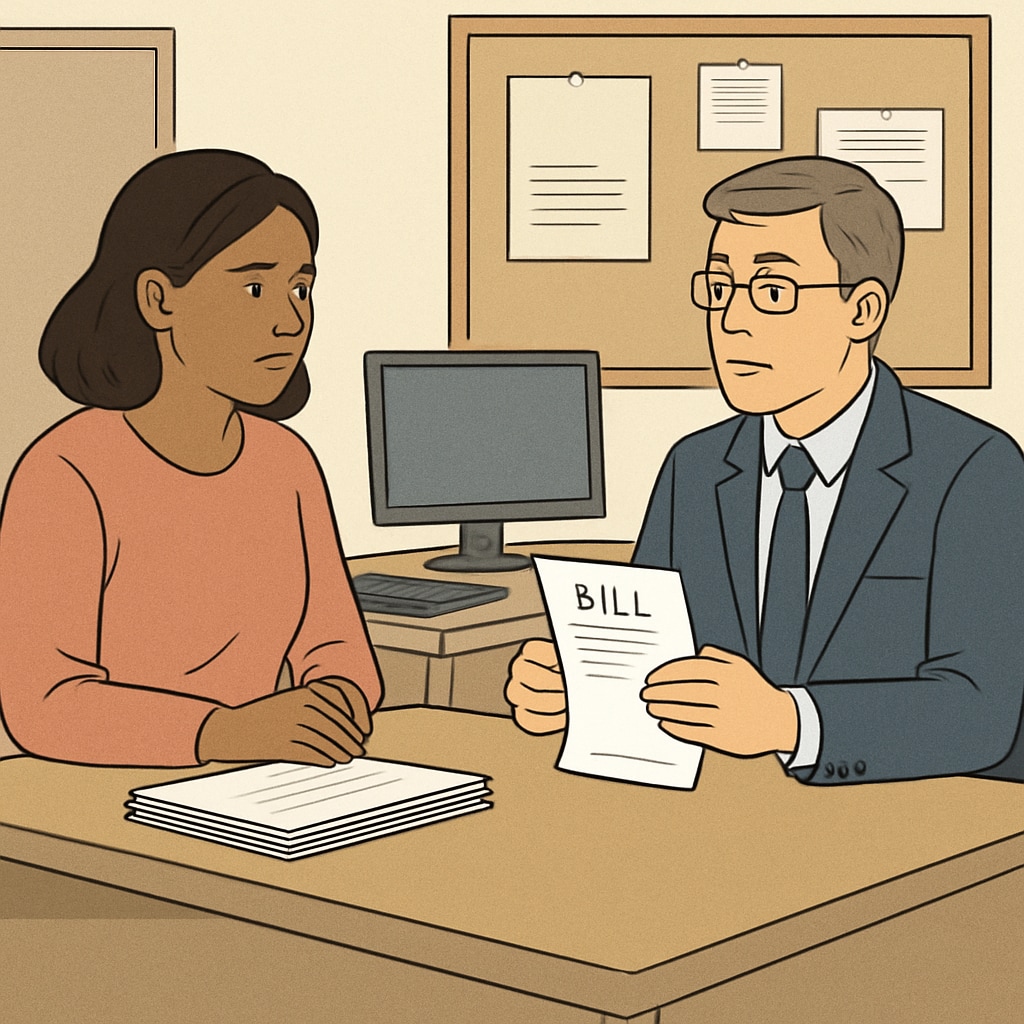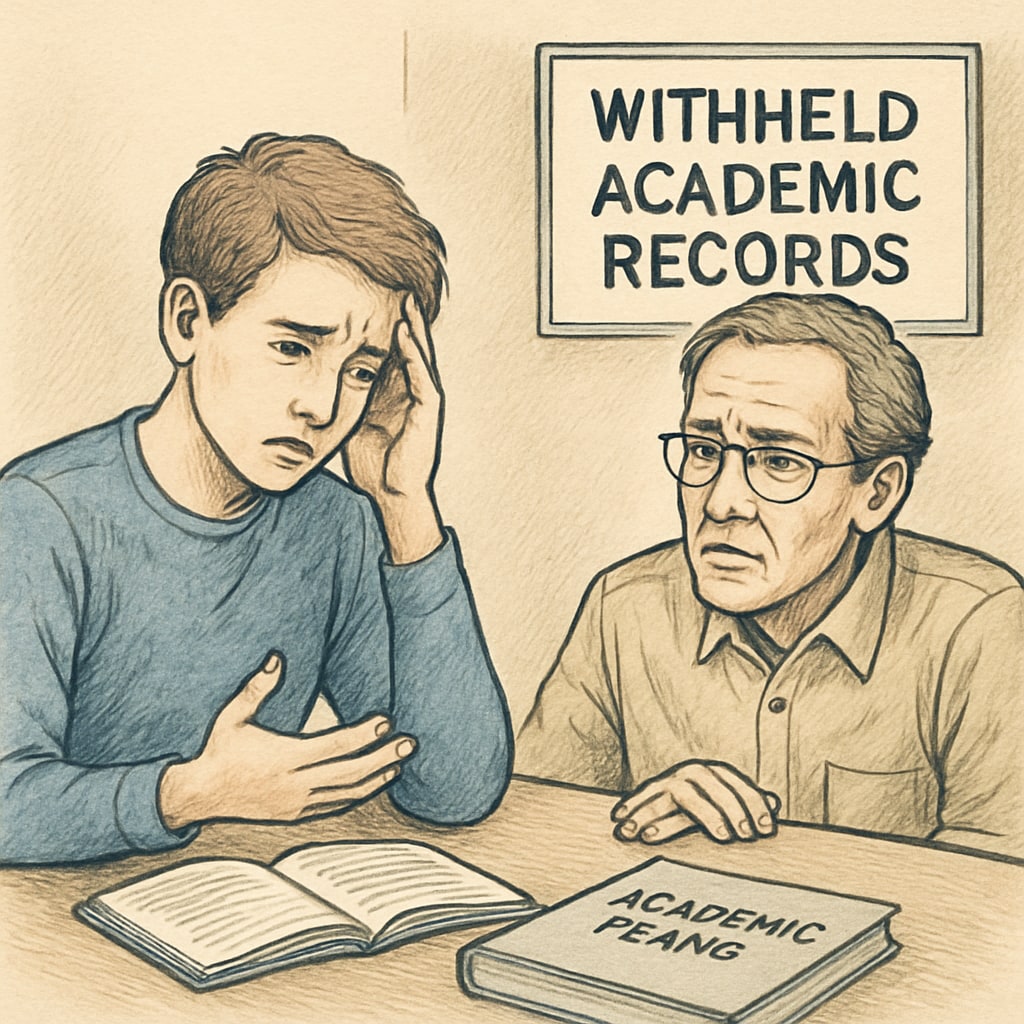Accessing a child’s report card can become challenging when outstanding balances are owed to the school. Many parents find themselves navigating the complex intersection of financial obligations and educational rights. This article will explore the legality of withholding report cards due to unpaid fees, assess its impact on students and families, and provide practical advice for parents facing this issue.

Understanding the Legality of Withholding Report Cards
The practice of withholding report cards due to unpaid balances is common in some private and public schools. Schools often justify this policy as a way to enforce payment for tuition, activity fees, or other financial obligations. However, the legality of such actions varies depending on the jurisdiction.
For instance, in the United States, public schools are generally prohibited from denying access to academic records as education is considered a fundamental right. Private schools, on the other hand, operate under contractual agreements, which may give them more leeway to withhold records. Parents should carefully review enrollment contracts and local education laws to understand their rights.
In addition to legal considerations, withholding records can have unintended consequences, such as preventing students from applying to colleges, participating in extracurricular activities, or even taking professional licensure exams. For more information on education law, this Britannica article on law provides a useful overview.
Impact on Students and Families
The effects of withholding report cards extend beyond financial stress. Students may face emotional distress, as their academic progress becomes a bargaining tool. This can lead to feelings of shame or embarrassment, especially when peers are not subjected to similar restrictions.
For families, the inability to access academic records can disrupt long-term planning. For example, many professional licensure exams require proof of high school graduation or specific academic achievements. Without access to these records, students’ career aspirations may be delayed or derailed.
To better understand the broader implications of financial barriers in education, you can explore this Wikipedia entry on education policy.

Practical Solutions for Parents
While the situation can be frustrating, there are steps parents can take to address the issue:
- Open Communication: Reach out to the school administration to discuss payment plans or partial payments. Schools may be willing to release records if a good-faith effort is demonstrated.
- Seek Financial Aid: Investigate scholarships, grants, or community assistance programs that can help cover outstanding balances.
- Know Your Rights: Familiarize yourself with local laws regarding access to educational records. In some jurisdictions, withholding records may be illegal.
- Explore Mediation: If negotiations with the school stall, consider involving a mediator to find a mutually agreeable solution.
In addition, parents should maintain open lines of communication with their child, reassuring them that the issue is being addressed. Emotional support can help mitigate the stress and stigma associated with withheld records.
Preventing Future Issues
To avoid similar situations in the future, parents can take proactive measures:
- Budget for School Fees: Include tuition and other school-related costs in your financial planning to avoid accumulating balances.
- Understand Contract Terms: Before enrolling a child in a private school, carefully review the financial obligations outlined in the contract.
- Advocate for Policy Change: Join parent-teacher associations or advocacy groups to push for fairer policies regarding access to educational records.
By taking these steps, parents can better navigate the complexities of balancing financial obligations with their child’s educational needs.
In conclusion, while the withholding of report cards due to outstanding balances is a challenging issue, it is not insurmountable. Understanding the legal landscape, exploring practical solutions, and planning proactively can help parents ensure that their child’s educational journey remains uninterrupted.
Readability guidance: This article uses short paragraphs, bullet points, and clear transitions to enhance readability. Overly complex sentences and passive constructions were minimized to maintain clarity.


